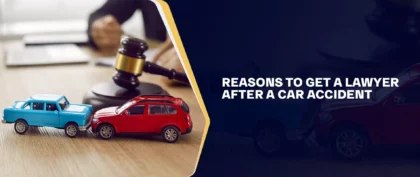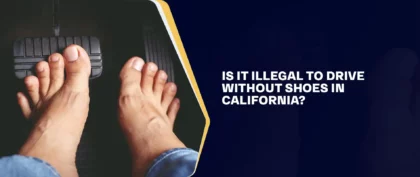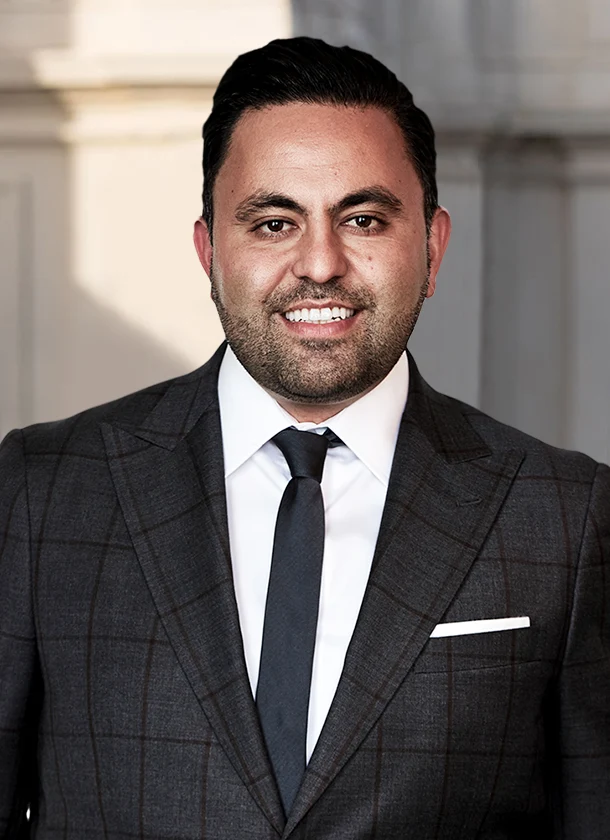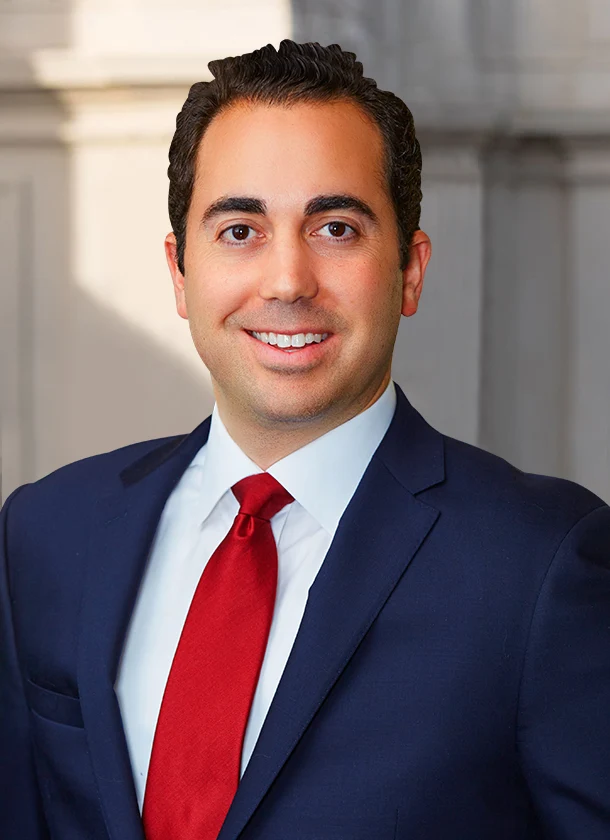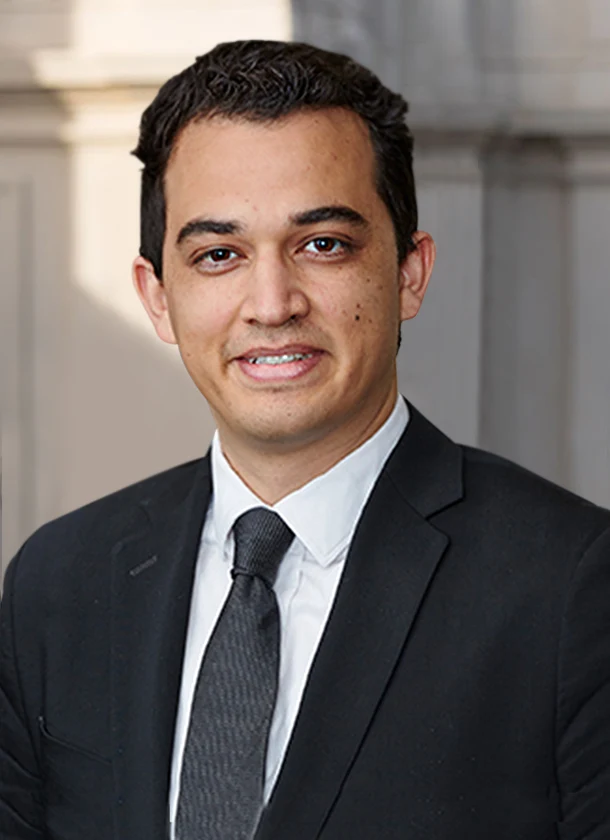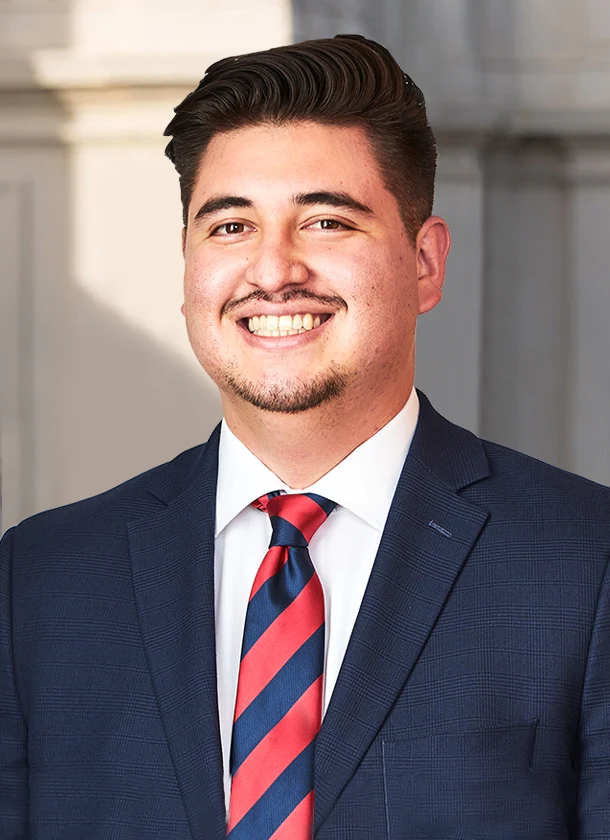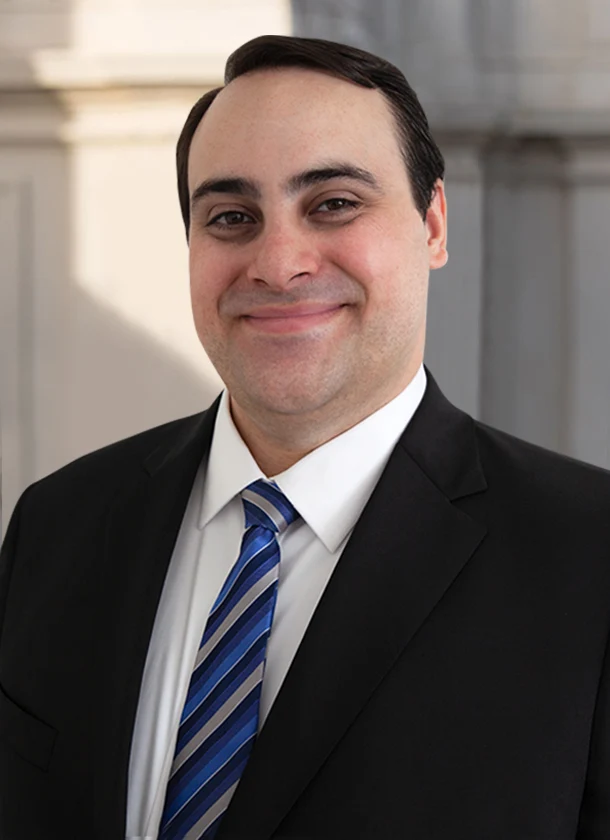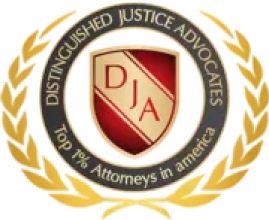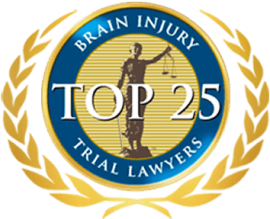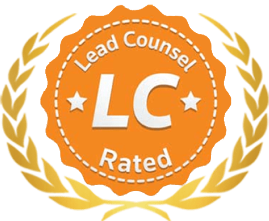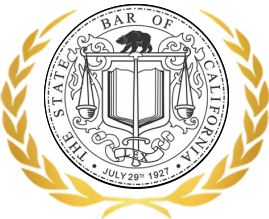Table of Contents
Personal injury lawyers employ a systematic approach when investigating car accidents. This ensures a comprehensive understanding of the event. First, they assess the accident scene, meticulously examining factors such as road conditions, weather, and relevant traffic signs.
Following this, they delve into police reports and collect witness statements to gain insights into the circumstances leading up to the incident. Sometimes, lawyers consult accident reconstruction specialists who use their expertise to recreate the crash accurately.
They may also retrieve data from the vehicles’ black boxes, providing crucial information about speed and other critical metrics. Lastly, they review any available surveillance footage.
This thorough investigative process enables lawyers to build a strong case that forms the basis for potential legal action arising from the car accident, pinpoint responsible parties, and secure just compensation for their clients.
Our dedicated team of experienced car accident lawyers at Arash Law, led by Arash Khorsandi, Esq., stands ready to offer you professional guidance and unwavering legal support. You can trust that we’ll stand with you at every stage, protecting your rights and well-being throughout the process.
Post-Car Accident Legal Investigation

The Unique Case of Car Accidents While Working
In the case of workplace accidents, the attorney must secure the accident site to gather comprehensive data. Each accident is characterized by distinctive factors, some influenced by weather conditions and others by suboptimal road conditions. This often entails discussions with the employer and interviews with fellow employees to establish a precise timeline of events.
The unique factors, dependent on the specific company or road environment, may provide valuable evidence or impede the case. Additionally, lawyers typically receive cooperation from both authorities and company management, facilitating the investigative process.
Knowing the Other Party’s Accident Investigation
During a personal injury investigation, you can anticipate the insurer’s adjuster or the defendant’s attorney to undertake specific actions, including:
-
- Acquiring a copy of the accident report from the police or another source
- Requesting your formal statement regarding the incident
- Collecting statements from other witnesses who can provide their account of the events
- Procuring photographs or video footage of the accident scene
- Securing physical evidence that remains from the accident
- Obtaining copies of your medical records to assess the extent of your injuries
- Engaging expert witnesses when necessary
The specific measures taken will be contingent on the type and intricacy of the accident. For example, a relatively uncomplicated slip-and-fall case might not call for the involvement of an accident reconstructionist. In contrast, a multi-vehicle collision may require their expertise.
Gathering Information from Witnesses

In the context of legal proceedings, witness interviews hold exceptional significance. They play a crucial role in helping unravel a case’s intricacies and ensuring justice is served. In workplace investigations involving misconduct or conflicts, interviewing witnesses can unearth essential facts, which contributes to resolving internal issues. Moreover, in accident investigations, particularly those related to insurance claims, witness interviews provide invaluable insights into the sequence of events, helping to determine liability and assess damages.
Compelling witness interviews necessitate a systematic and unbiased approach. Interviewers must carefully frame their questions to elicit accurate and unbiased responses. This ensures that the information collected is reliable and objective, as the quality of these testimonies is vital in shaping the outcome of the investigation and influencing decisions, settlements, or legal actions. By conducting witness interviews with precision and fairness, investigators can contribute significantly to the comprehensive and equitable resolution of complex matters.
Reviewing Medical Records

Reviewing medical records during an investigation serves various purposes:
- Assessment of Injuries – It is critical in personal injury cases, accidents, or workplace incidents to assess the extent of individual injuries. Medical records offer a clear view of the nature and severity of injuries, allowing for a more accurate determination of damages and liability.
- Determining Causality – In some investigations, particularly in legal cases, it is crucial to establish a direct link between an event and resulting injuries or medical conditions. Medical records can provide evidence of causality, which is crucial in legal proceedings.
- Insurance Claims – Insurance companies frequently review medical records to evaluate the legitimacy of claims. They assess whether medical treatment is necessary and if the expenses claimed align with the documented injuries or illnesses.
- Workplace Investigations – In cases involving workplace incidents or employee claims, reviewing medical records helps determine whether an injury or medical condition is work-related and, therefore, subject to workers’ compensation or other benefits.
- Health History – An individual’s medical history provides an important context for some investigations, especially those related to healthcare or medical research. It can help identify pre-existing conditions or factors that may have influenced the outcomes being investigated.
- Evidence for Expert Testimony – In legal cases, medical records can serve as a foundation for expert testimony from healthcare professionals who can provide insights into the medical aspects of a case.
Effectively reviewing medical records requires a methodical and meticulous approach. It involves ensuring all records are correctly obtained and interpreted and that any relevant information is extracted. It also entails evaluating the credibility and authenticity of the medical documentation.
Ultimately, reviewing medical records in an investigation is critical for making well-informed decisions, providing evidence in legal cases, evaluating insurance claims, and understanding the health-related aspects of a situation. It contributes to the comprehensive and fair resolution of complex matters, making sure all relevant medical factors are considered.
Establishing Liability
Establishing liability in a car accident investigation is a crucial and complex process that involves determining who is legally responsible for the collision. This fundamental step involves understanding the sequence of events and attributing fault. Injury lawyers meticulously examine several key elements to establish liability as part of their investigative efforts.
- First, they assess the “duty of care” that all parties involved owe to each other. In car accidents, this duty means every driver must handle their vehicle safely and adhere to traffic laws. Lawyers then investigate whether any parties involved breached this duty by engaging in actions such as running a red light, speeding, or driving recklessly.
- Causation is another critical factor in establishing liability. Lawyers delve into the evidence to establish a clear link between the breach of duty and the accident. In other words, they aim to prove that one party’s negligent actions directly led to the collision.
- Additionally, lawyers must demonstrate that the accident resulted in physical injuries, property damage, medical expenses, lost wages, and even intangible losses like suffering and pain. These damages play a substantial role in determining the extent of liability.
- In some cases, there might be shared responsibility for the accident, a concept known as “comparative fault.” Lawyers assess the degree of fault attributed to each party, and this assessment can affect the final determination of liability.
- To support their arguments regarding liability, lawyers gather various evidence, including witness statements, accident reconstruction reports, photographs, police reports, and expert testimonies. These pieces of evidence are crucial in building a compelling case.
- Legal principles and precedents also guide lawyers in their efforts to establish liability. They rely on established legal principles to assert who should be held accountable for the accident and its consequences. This determination significantly impacts the direction of legal proceedings, insurance claims, and the allocation of compensation.
Establishing liability in a car accident investigation is a multifaceted process that involves assessing duty of care, breach of duty, causation, damages, comparative fault, and the collection of compelling evidence. Legal principles underpin these efforts to determine the responsible party or parties, influencing the course of legal actions and the equitable allocation of responsibility for the accident.
Negotiating with Insurance Companies

The process typically unfolds as follows:
- After an accident, the first step in the claims process and the investigative journey often begins when individuals report the event to their insurance companies. Lawyers, on behalf of their clients, compile and present comprehensive evidence to substantiate the claim, which may include medical records, repair estimates, photographs, and witness statements. This documentation serves as a foundation for the negotiation.
- Insurance adjusters, representing the insurance companies, conduct their investigations to assess the extent of liability and the coverage provided by the policy. They scrutinize the evidence presented and may discuss it with the claimants’ lawyers.
- Negotiations involve discussions between the parties to reach a mutually agreeable settlement. This often necessitates careful discussions and legal expertise. Lawyers advocate for their client’s best interests, striving to secure a compensation package that adequately addresses the losses incurred due to the accident.
- The ultimate objective is to reach a settlement covering medical expenses, property damage, lost wages, and pain and suffering, depending on the circumstances. Negotiations can be intricate, and the outcome may depend on the strength of the evidence presented, the effectiveness of legal representation, and the willingness of the insurance company to compensate the claimant fairly.
- When successful, these negotiations help accident victims obtain the financial support they need to recover from their losses. However, legal recourse may be pursued when negotiations do not lead to a satisfactory settlement involving legal actions to ensure justice is served.
In the comprehensive process of investigating a car accident, negotiating with insurance companies plays a pivotal role, as it directly impacts the outcome and the extent of compensation for those affected by the accident. Lawyers leverage their expertise to ensure their clients receive fair and just settlements after a car accident.
Filing Lawsuits and Legal Proceedings
While not all car accident cases proceed to this stage, it becomes necessary when negotiations with insurance companies or at-fault parties fail to yield a fair and satisfactory resolution. This phase involves initiating a legal action, typically in the form of a lawsuit, by the accident victim or their legal representative, the lawyer.
The choice to initiate a lawsuit is based on the conviction that those at fault for the accident should be legally held responsible for the consequential losses, including medical bills, property damage, income loss, and emotional distress. The accident lawyer, acting on behalf of the injured party, prepares and files the necessary legal documents with the court to commence the lawsuit.
Following the lawsuit’s filing, the legal proceedings unfold per the judicial process. This includes stages such as discovery, where both sides exchange information and evidence relevant to the case, and potential negotiations aimed at settling. Without a negotiated settlement, the case proceeds to trial, where a judge or jury accesses the outcome and any resulting compensation.
Throughout these legal proceedings, the lawyer’s role is to advocate for their client, present a compelling case supported by evidence, and pursue a favorable verdict or settlement. Filing a lawsuit is a crucial step in seeking justice and ensuring the rights and interests of the accident victim are protected. It reflects the commitment of lawyers to thoroughly investigate the car accident and exhaust all legal avenues to secure the appropriate compensation for their clients.
Client Communication
Communication is an integral and ongoing component of the lawyer’s car accident investigation process. Maintaining adequate and clear communication with their clients is paramount throughout the investigative journey.
- From the outset, when an individual seeks legal representation following a car accident, injury lawyers establish open lines of communication. They listen attentively to their clients’ accounts of the accident, injuries sustained, and the subsequent impacts on their lives. This initial interaction is crucial in understanding the client’s perspective, the circumstances of the accident, and the desired outcomes.
- As the investigation progresses, accident lawyers constantly update their clients on the status of their case, any findings, and the steps being taken. They provide guidance on the legal process, including what to expect, potential timelines, and the available options for pursuing compensation. Clear communication at this stage guarantees that clients are well-informed and comfortable with the legal proceedings.
- During negotiations with insurance companies or when legal proceedings, such as lawsuits, are initiated, lawyers regularly engage in discussions with their clients. They present settlement offers, legal strategies, and potential outcomes, seeking their clients’ input and approval before making significant decisions. This collaborative communication approach empowers clients to participate actively in decision-making, fostering a sense of control and understanding throughout the legal journey.
- Moreover, lawyers readily address their clients’ concerns, questions, and anxieties. They offer support and reassurance, explaining legal concepts and terminology in an easily understandable way. They create a safe and trusting environment for their clients, ensuring they feel heard and respected.
In essence, client communication is not just a practical aspect of investigating a car accident but the foundation of a solid attorney-client relationship. It empowers clients to make informed decisions, provides clarity and comfort during such challenging times, and guarantees their needs and interests are at the forefront of the legal process. Effective communication is, therefore, a cornerstone of how lawyers navigate the investigation of a car accident and deliver the best possible outcomes for their clients.
The Accident Investigation Timeline
The accident investigation timeline is a crucial element in the process of lawyers looking into a car accident. This timeline is an organized account of the sequence of events and actions that take place during the investigation.
The investigation timeline commences shortly after the accident as lawyers gather details from clients and secure essential evidence like accident scene photos. They then proceed to gather additional evidence, such as police reports and witness statements, possibly involving accident reconstruction experts, to build a compelling case.
Negotiations with insurance adjusters follow, aiming to reach a fair settlement for their clients. If negotiations falter, accident lawyers proceed to file lawsuits, initiating the legal process. They maintain ongoing client communication throughout this timeline, informing them about case status and legal developments.
The investigation timeline often features a critical juncture that centers on negotiations. This phase may involve back-and-forth discussions and legal strategies to ensure that their clients receive a just resolution.
The accident investigation timeline is a structured roadmap that guides lawyers through the intricate process of investigating a car accident. It encompasses information gathering, negotiations, potential legal actions, and continuous client support, all of which contribute to the goal of attaining a fair and just resolution for their clients.
Contact Arash Law’s Award-Winning Personal Injury Lawyer for a Free Consultation
Getting involved in an accident can be overwhelming and distressing. The resulting injuries often leave a profound and enduring impact on your life, potentially leading to lifelong disabilities. When you suffer injuries or lose a loved one due to an accident, it’s essential to seek the support of a seasoned legal team.
Those in such situations and needing assistance moving forward are encouraged to contact Arash Law, led by Arash Khorsandi Esq. immediately. With decades of experience handling personal injury claims and a successful track record, we comprehend the far-reaching consequences of injuries on every aspect of life, from emotional well-being to physical abilities. Our approach is to assist you with empathy while vigorously upholding your rights and pursuing the highest possible compensation.
Our practice spans diverse domains of personal injury law, including handling the technicalities of car accident cases. Our exceptional track record of securing over $500 million in client compensation is a testament to our legal expertise. Your journey towards justice commences with us.
Start the initial steps toward a resolution by calling us today at (888) 488-1391 or completing our online form for a complimentary case evaluation.




